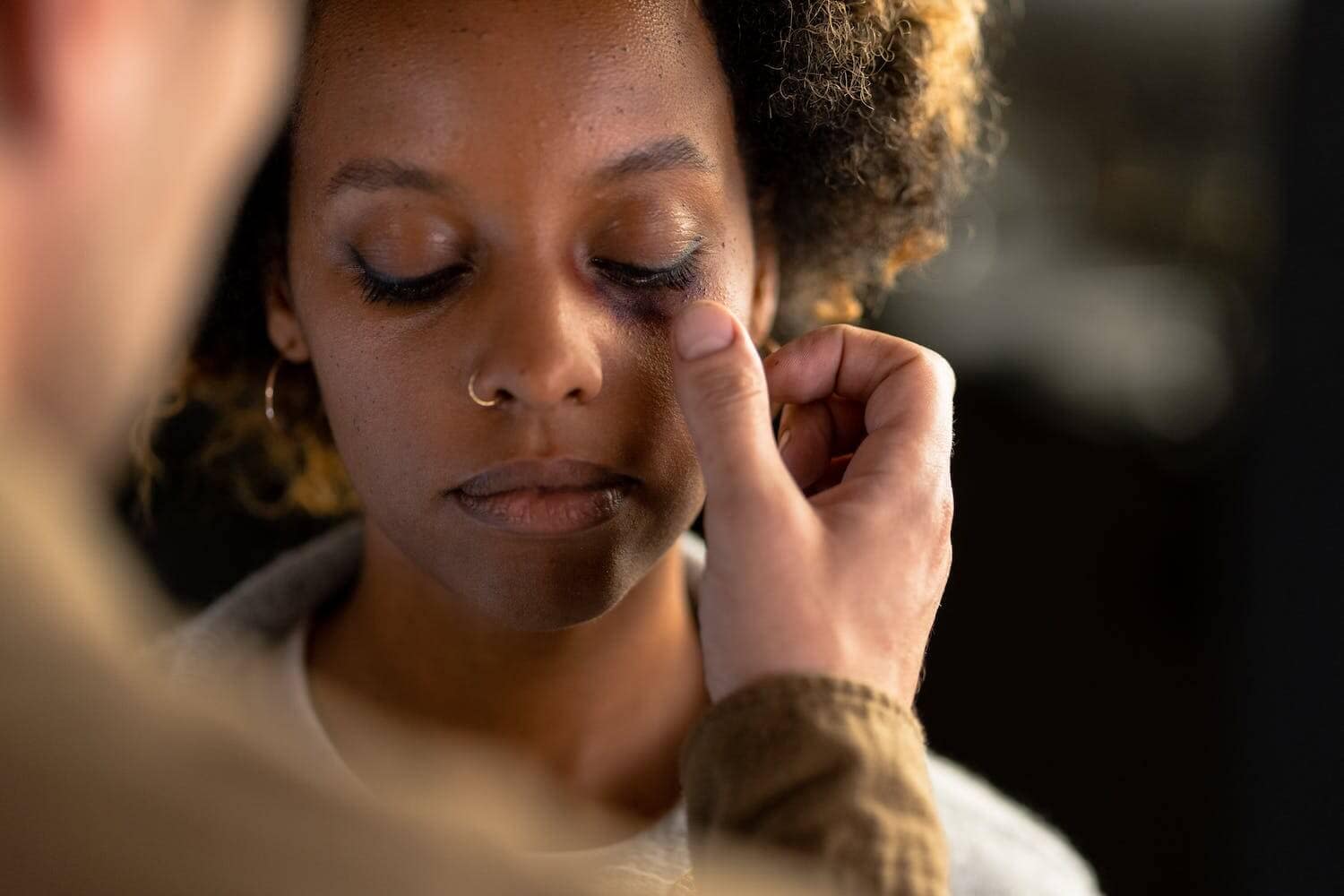An assault charge is a serious legal matter that can have significant consequences for those involved.
In the eyes of the law, assault refers to the intentional infliction of physical harm or the threat of such harm upon another person.
This charge encompasses a wide range of behaviours, from physical attacks to verbal threats that create a reasonable fear of harm.
Types of Assault Charges in Victoria
Understanding the types of assault charges in Victoria is crucial for anyone facing legal issues or working in the field of law.
In Victoria, assault charges are primarily governed by the Crimes Act 1958 and the Summary Offences Act 1966.
These laws categorise various forms of assault based on their severity, intent, and the circumstances surrounding each incident.
Common Assault
Under Section 23 of the Summary Offences Act, common assault is the least severe category.
This charge typically involves minor physical confrontations without the intent to harm or disfigure the victim seriously.
Examples include minor scuffles, pushing, throwing objects, or verbal threats. The impact on the victim is a key factor in determining if an incident falls under common assault.
Aggravated Assault
This is considered more severe than common assault. Aggravated assault includes assaults against women, children under 14, and multiple people using kicks or weapons.
The severity of the assault depends on factors like the use of weapons and the extent of harm inflicted. Penalties can reach up to two years imprisonment.
Intentionally or Recklessly Causing Injury
This category focuses on the offender’s intent or recklessness. The maximum penalty for intentionally causing serious injury is 20 years, while for recklessly causing serious injury, it’s 15 years.
Proving intent or negligence is complex and requires establishing the offender’s state of mind beyond a reasonable doubt.
Other Assault Charges
Victoria’s legal system also recognises other forms of assault that do not neatly fit into the above categories.
These include threats to kill or harm, assaults resulting in permanent or life-threatening injuries, assaults against public service workers, aggravated burglary, kidnapping, and sexual assaults.
The specifics of each case and the prosecution’s ability to prove guilt play significant roles in these charges.
If You Think You’re a Victim of Assault
If you believe you are a victim of assault in Victoria, it is important to take the following steps:
- Seek Medical Attention: Your health and safety are paramount. If you are injured, seek medical assistance immediately. Medical records can also serve as evidence if you decide to press charges.
- Report the Incident: Report the assault to the police immediately. Provide them with all the incident details, including the time, location, and any potential witnesses. This report is essential for any legal action you might take.
- Document Everything: Keep a record of all the details related to the assault, including medical reports, police reports, and any other relevant information. Documenting these details can be crucial for your case.
- Seek Legal Advice: Consider consulting with a lawyer who specialises in assault cases. They can guide your legal rights and options, and help you navigate the complex legal process.
- Support Services: Reach out to local support services for victims of assault. These organisations can offer counselling, legal advice, and other forms of support to help you through this challenging time.
- Protective Measures: If you feel unsafe, discuss protective measures with the police or your lawyer. This may include restraining orders or other legal actions to ensure your safety.
Also read: 2 Types of Intervention Orders: A Comprehensive Guide
Is It Worth Pressing Charges for Assault?
Deciding whether to press charges for assault can depend on several factors, including the severity of the assault, the impact on the victim, and the likelihood of a successful legal outcome.
Pressing charges can hold the offender accountable, provide a sense of justice, and potentially deter future incidents.
It may also offer the victim access to compensation or support services that can help in recovery.
However, the process of pressing charges can be lengthy and emotionally challenging, and there is no guarantee of a conviction.
It’s important for victims to consider their own circumstances, the strength of the evidence, and the advice of legal professionals.
Consulting with a lawyer or a support service can provide guidance on whether pursuing legal action is the right choice for you.
Legal Counsel Can Provide Guidance
In Victoria, the landscape of assault charges is diverse, encompassing a broad spectrum of offences, each characterised by distinct legal subtleties and varying degrees of penalties.
For individuals entangled in legal proceedings about assault charges in Victoria, grasping the nuances of these categories is not just beneficial but imperative.
Moreover, it’s crucial to recognise that various legal defences are accessible in these cases. The particulars of each situation can profoundly influence the resolution, underscoring the importance of seeking professional legal advice.
Legal counsel can provide tailored guidance, ensuring that one’s rights are adequately protected and that the most appropriate defence strategy is employed.
This step is vital for navigating the complexities of the legal system and achieving the most favourable outcome in assault-related cases.
Director of Melbourne Family Lawyers, Hayder manages the practice and oversees the running of all of the files in the practice. Hayder has an astute eye for case strategy and running particularly complex matters in the family law system.






One Response